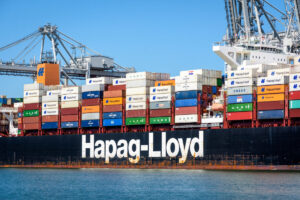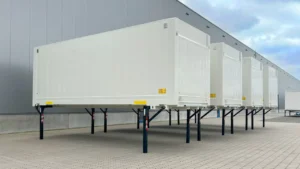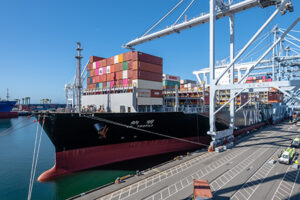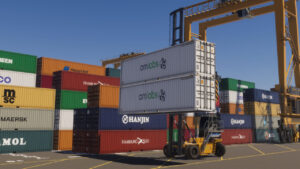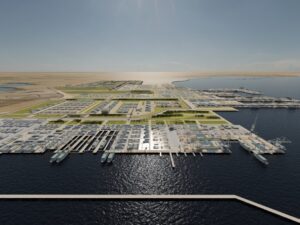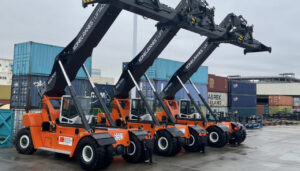Richard Ballantyne, Chief Executive of the British Ports Association (BPA), has outlined the group’s key priorities for 2019.
Although the potential challenges of Brexit, including new border controls, changes to environmental rules and a new fisheries policy, remain important for the industry in 2019, Ballantyne has revealed that the BPA is looking beyond Brexit.
According to the Chief Executive, the BPA is keen to focus on port sector promotion, increased public transport investment, planning improvements and issues around people and safety.
Detailing the association’s key aims for the next year, Ballantyne said: “2019 will be another critical year for UK ports and in the coming months we should start know what Brexit will look like.
What are the UK's ports doing to prepare for Brexit? Find out with a Port Technology technical paper
“UK ports provide important international gateways for goods and passengers and it is essential that the industry features highly in the Government’s Brexit considerations.
“This is particularly important to pro-trade facilitation measures in relation to any new border control processes at British ports and especially at the UK’s network of Roll-on Roll-off ferry ports which facilitate much of the UK’s European trade.”
In addition to considerations about Brexit, the BPA is also set to promote a ‘Port Zoning’ policy.
We've produced a series of promotional info graphics that highlight the importance of #ports to the UK's #economy. Here's the first one… more to come! https://t.co/2HnfcIZsb9 pic.twitter.com/5e9wSq5iUn
— British Ports Association (@britishports) October 5, 2018
“The BPA’s Port Development and Enterprise Zone concept is our vision is for areas around ports to be classified with a special planning, consenting, business and regulatory status to help stimulate port development and growth.
“The idea could see the growth of a network regional hubs around port and coastal locations across the UK. Ports themselves are often in areas of deprivation and economic need.
“Business, enterprise and skills incentives could be designed to help ports, tenants and connected businesses. Many of the rules in relation to environmental legislation and consenting stem from the EU and the BPA is encouraging policymakers to review how ports and coastal developers are regulated.”
The BPA also believes that there will be opportunities to reach outside the industry and build in ‘Free Port’ free trade area designations.
In 2019, the BPA will also be examining safety and skills at ports, supporting the working of the industry body Port Skills and Safety which leads on training and landside safety issues for ports.



